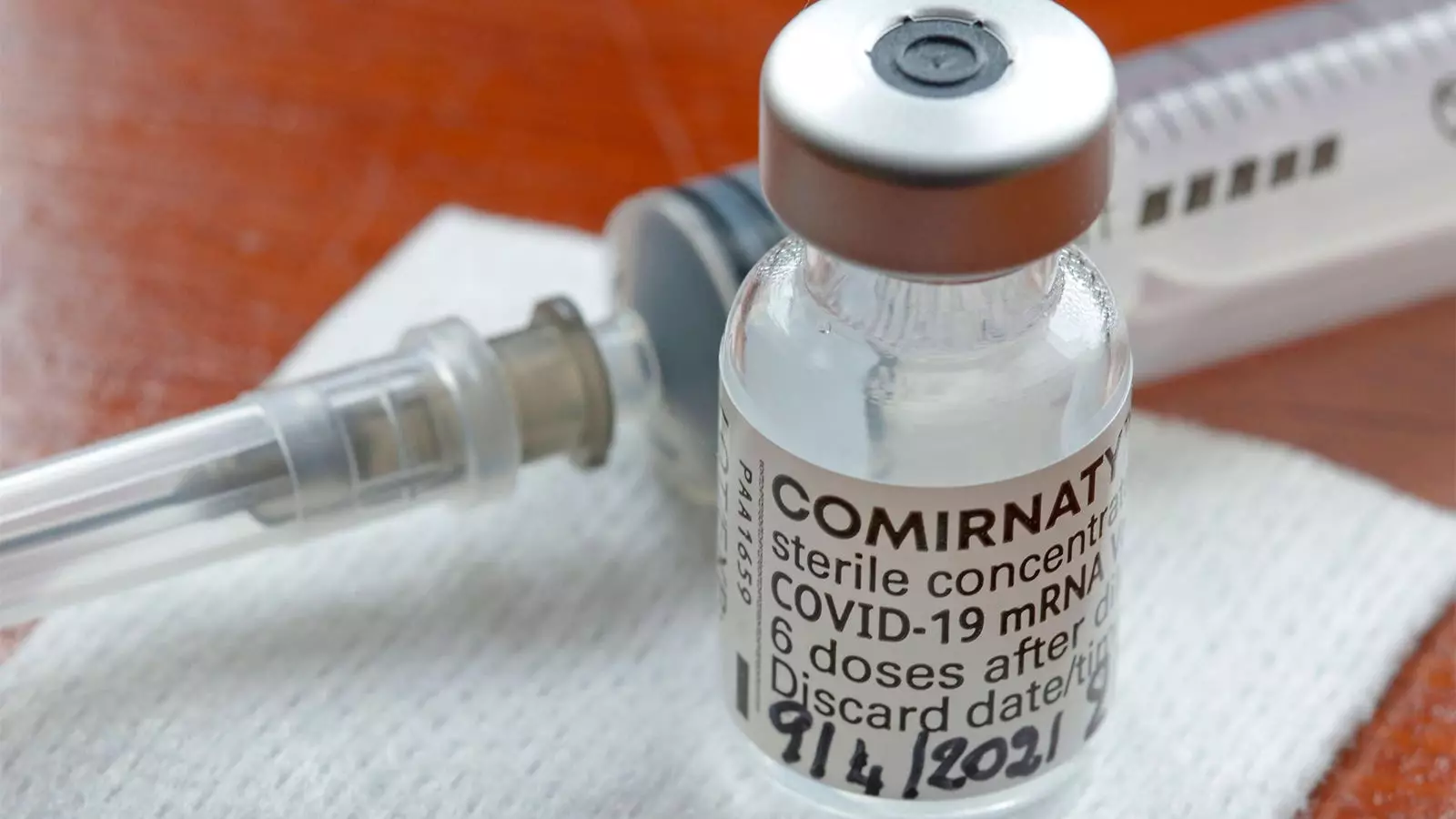A recent study conducted by Elyse Kharbanda, MD, MPH, and colleagues at the HealthPartners Institute in Bloomington, Minnesota, found that receiving an mRNA COVID-19 vaccine during the first trimester of pregnancy did not increase the risk of major structural birth defects. The researchers reported that there was no significant difference in the occurrence of major structural birth defects between infants born to mothers who received a first-trimester vaccination and those who did not. This finding should provide reassurance to pregnant individuals and their obstetric care providers.
The study, published in JAMA Pediatrics, utilized data from the Vaccine Safety Datalink sites, which have extensive information on COVID-19 vaccine exposure and pregnancy outcomes. The researchers compared pregnant individuals who received one or two mRNA COVID-19 vaccines in their first trimester with those who were either unvaccinated or received the vaccine at a different time. The results showed that there were no significant differences in the prevalence of birth defects between the vaccinated and unvaccinated groups when grouped by organ system.
Dr. Pamela Berens, an ob/gyn at the McGovern Medical School at UTHealth Houston, emphasized the importance of this study in confirming the safety of mRNA COVID-19 vaccines for pregnant patients. She noted that the findings should alleviate concerns about the vaccine’s safety during pregnancy. The study adds to the growing body of research supporting the safety and efficacy of COVID vaccination for pregnant individuals and their babies.
The researchers found that cardiac defects were the most prevalent birth defect in both the vaccinated and unvaccinated groups, with no significant difference between the two groups. Neural tube and gastrointestinal defects were slightly more prevalent in the first-trimester vaccination group, but not significantly so. On the other hand, kidney and genitourinary defects were less prevalent in the first-trimester vaccination group. These findings suggest that receiving an mRNA COVID-19 vaccine in the first trimester does not increase the risk of major structural birth defects.
The study had several limitations, including the lack of data on pregnancies that resulted in stillbirth and the absence of information on folic acid use. Additionally, only birth defects diagnosed by 4 months of age were evaluated, which may have excluded some severe defects. Future research could explore the long-term effects of mRNA COVID-19 vaccines on pregnancy outcomes and child development.
The study provides valuable insights into the safety of mRNA COVID-19 vaccines for pregnant individuals. Despite initial concerns, the research shows that receiving the vaccine during the first trimester does not increase the risk of major structural birth defects. Pregnant individuals and their healthcare providers can take comfort in these findings, knowing that vaccination against COVID-19 is safe and beneficial for both maternal and fetal health.



Leave a Reply